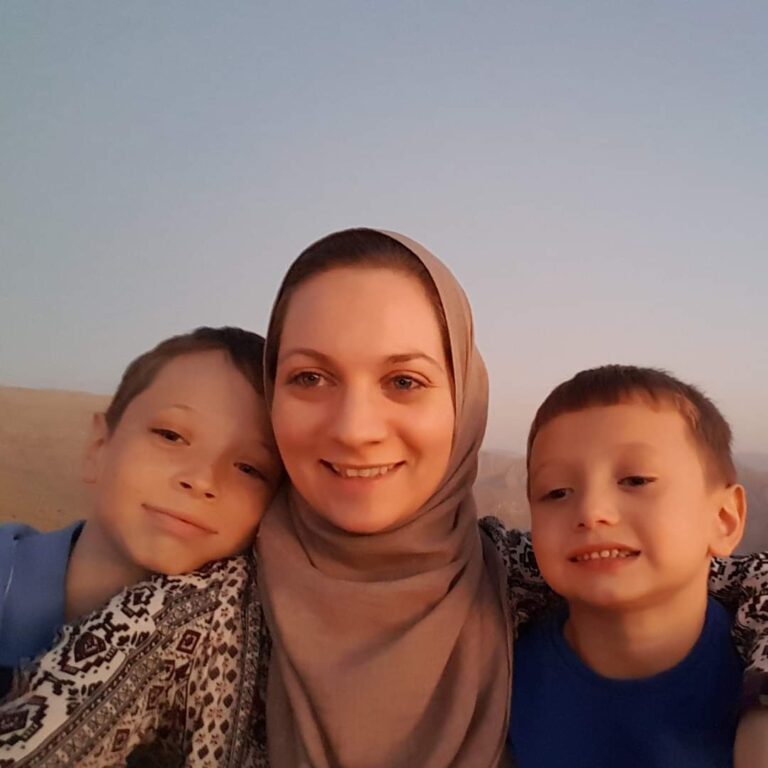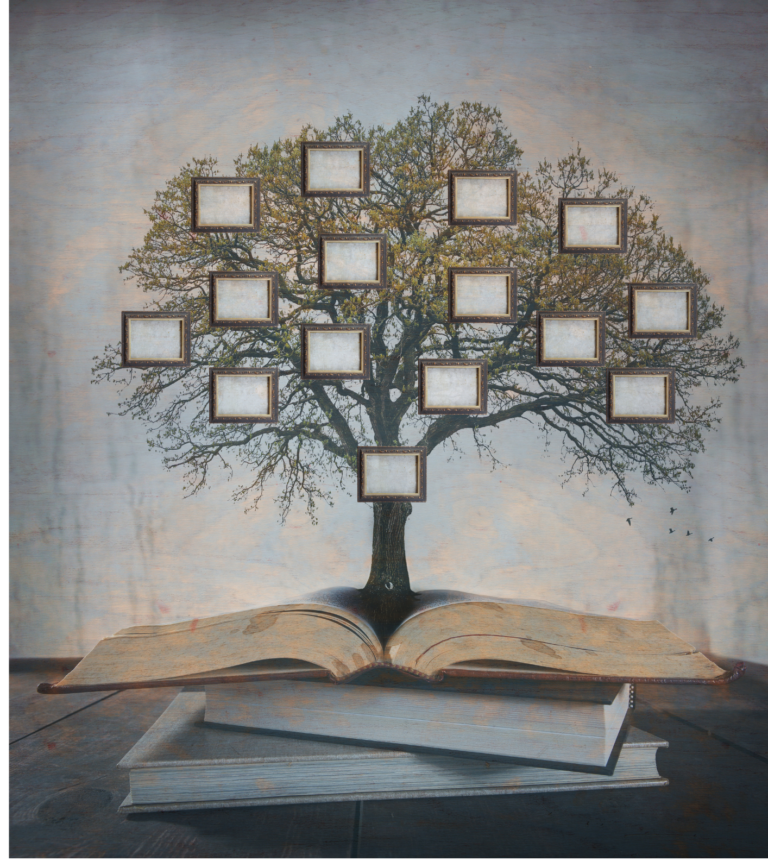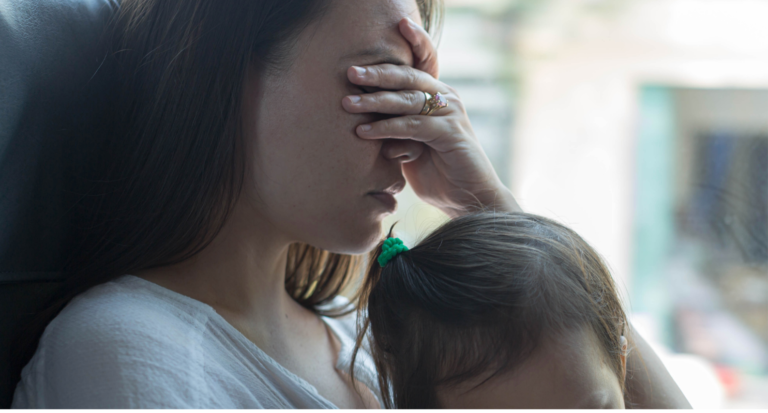Denying our periods
The hormonal shifts in a woman’s body throughout the menstrual cycle brings about physical changes. It also brings shifts in our energy level, and mood changes. For many of us, the week or two before our menstruation can cause a significant drop in mood, increased irritability, low energy, aches, pains, constipation and bloating.
In addition to all the physiological ebb and flows of the cycle, women especially in the Middle East, are meant to keep their periods to themselves. They are expected to push through and get on. They are not only not moan about feeling poorly but also be at their best so as to disguise their experiences. In other words, the experience of getting her period gets denied or dismissed at best.
As women we are socialized to believe that this ebb and flow is bad, disruptive, and annoying. We begin not to honor our own experience through it. We feel guilty and embarrassed for feeling how we feel. The topic of menstruation being taboo is well known in many cultures.
Women have gone as far as medicating themselves with birth control and antidepressants to manage the experiences and “symptoms” they have prior to their periods. In fact, there is a diagnosis of premenstrual dysmorphic disorder. It applies to about 5% of menstruating women, who experience significant challenges in their mental health, a week or two prior to their period. I don’t support pathologizing human beings. However, I have firsthand experience of the benefits of just naming for many female clients, that their feelings are real and not imagined.
We can support each other
I mostly see the benefit in recognizing the rhythmic patterns of a menstruating woman’s body that causes a rise and fall in her emotional experience. And I would like to propose a different way of handling this ebb and flow for girls and women:
- Instead of medicating ourselves to get through the significant dips in mood and energy during this time, we would make environmental adjustments to our daily routine prior to menstruation. We can, for example, slow down and rest more.
- Instead of speaking about menstruation as a private or even secret subject, we could honor our experiences during this time. Our body is preparing for a significant event. Maybe instead of dismissing that this is happening, we name it as a natural fact.
- Instead of pushing through by working harder and juggling more, what we could slow down and created more space for ourselves.
- Instead of telling girls to keep the subject of periods to themselves, we could have support groups for girls where they can talk about what they feel.
I am not proposing that we share the dates of our cycle on social media and ask for space from our boss during this time. I just suggest a gentle shift in perspective. Girls and women need to support one another through their cycles. We need to acknowledge the realness of each other’s experiences, rather than prevent, dismiss, deny or shame girls and women for how they feel. This begins at home with mothers, grandmothers, and aunts, when a girl enters menses. This could continue with women in school, and at work. A validated and honored woman has a much higher likelihood of fulfilling her potential compared to a dismissed or shamed woman.
Dr. Ava Ghasemi (Holdich) is a licensed Psychologist with 11 years experience in the U.S., Canada and the Middle East. She has a practice of individual and couples therapy at the MapleTree Center in Dubai.
- Dr. Ava Ghasemi Holdich, Clinical Psychologisthttps://stg.dcodified.com/aurelia/author/dr-ava-ghasemi-holdich-clinical-psychologist/
- Dr. Ava Ghasemi Holdich, Clinical Psychologisthttps://stg.dcodified.com/aurelia/author/dr-ava-ghasemi-holdich-clinical-psychologist/
- Dr. Ava Ghasemi Holdich, Clinical Psychologisthttps://stg.dcodified.com/aurelia/author/dr-ava-ghasemi-holdich-clinical-psychologist/
- Dr. Ava Ghasemi Holdich, Clinical Psychologisthttps://stg.dcodified.com/aurelia/author/dr-ava-ghasemi-holdich-clinical-psychologist/

















